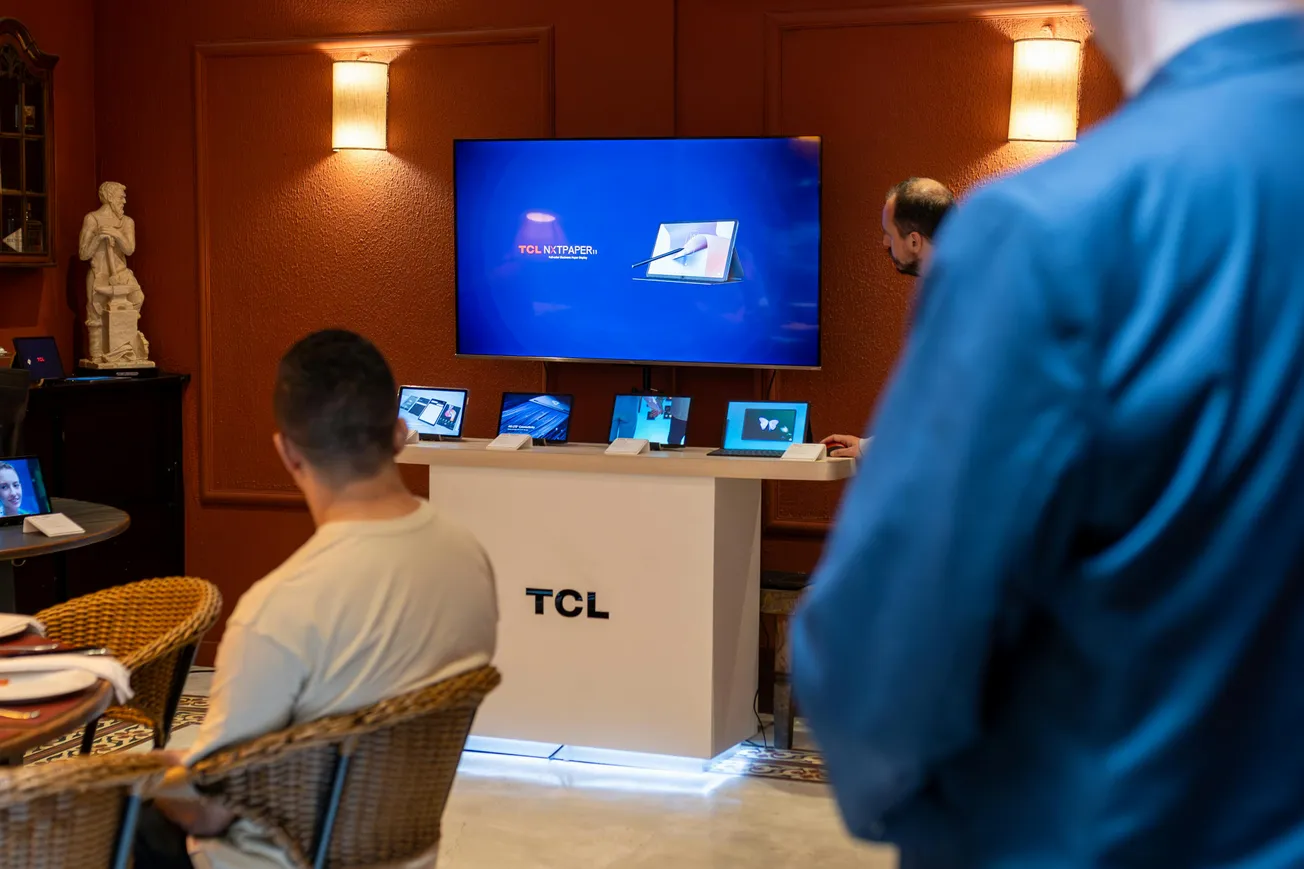AI is reshaping the retail landscape, turning traditional practices on their head. Retailers embracing artificial intelligence are witnessing a transforming shopping experience that not only enhances customer interactions but also drives significant business growth.
As the global AI market in retail is projected to soar to $45.74 billion by 2032, the stakes for adapting AI technologies have never been higher. From personalized recommendations to inventory management, AI is not just an option — it is essential for survival in today’s competitive market.
The Growing Importance of AI in Retail
An impressive 87% of retailers have begun implementing AI in their operations, and many more are set to follow suit with increased investments in the next few years.
Tools employing AI can vastly improve operations such as customer response and inventory management, leading to substantial cost savings and better customer satisfaction. 69% of businesses utilizing AI report annual revenue increases. With these statistics, the urgency to integrate AI is evident.
Key Use Cases of AI in Retail
1. Personalized Shopping Experiences
According to a study, 75% of retail customers prefer brands that personalize their shopping journey.
AI enables retailers to analyze customer data efficiently, providing tailored product recommendations that cater to individual preferences. This capability not only enhances customer engagement but also significantly boosts conversion rates, with some retailers seeing revenue jumps between 6% to 10%.
2. Enhanced Customer Support with AI Chatbots
AI chatbots are revolutionizing customer service, offering 24/7 support and engaging users effectively. Retailers like eBay have deployed chatbots to facilitate shopping experiences, saving time and optimizing customer interactions while capturing valuable feedback.
3. Dynamic Pricing Strategies
Amazon’s price optimizer adjusts prices multiple times a day based on various market factors, reportedly resulting in a 5% sales increase.
Dynamic pricing algorithms, powered by AI, analyze competitive pricing, demand fluctuations, and consumer behavior to optimize pricing strategies, thereby maximizing profits.
4. Supply Chain Optimization
With AI-driven systems, retailers can streamline logistics and improve inventory management. Lowe's implements smart shelf solutions to monitor stock levels in real time, ensuring products are always available and customer experiences remain seamless.
5. Fraud Detection and Security Improvements
AI is increasingly deployed for risk management, aiding companies like PayPal in detecting fraudulent activities by analyzing transaction patterns, which has led to a significant reduction in losses.
Challenges of AI Integration
Despite the benefits, implementing AI is not without challenges, such as skill shortages and data privacy concerns. A strategic approach is necessary to address these issues, ensuring that AI systems are effectively integrated and managed.
Conclusion
As the retail sector continues to evolve, those who harness AI’s potential will undoubtedly outperform their competitors. Retailers must actively embrace these technologies not just to thrive but to create more engaging and efficient shopping experiences.
AI's transformative power in retail is undeniable, paving the way for smarter shopping environments. Retailers that innovate are set to lead in this new digital landscape, highlighting the imperative to adapt in an ever-changing marketplace.








